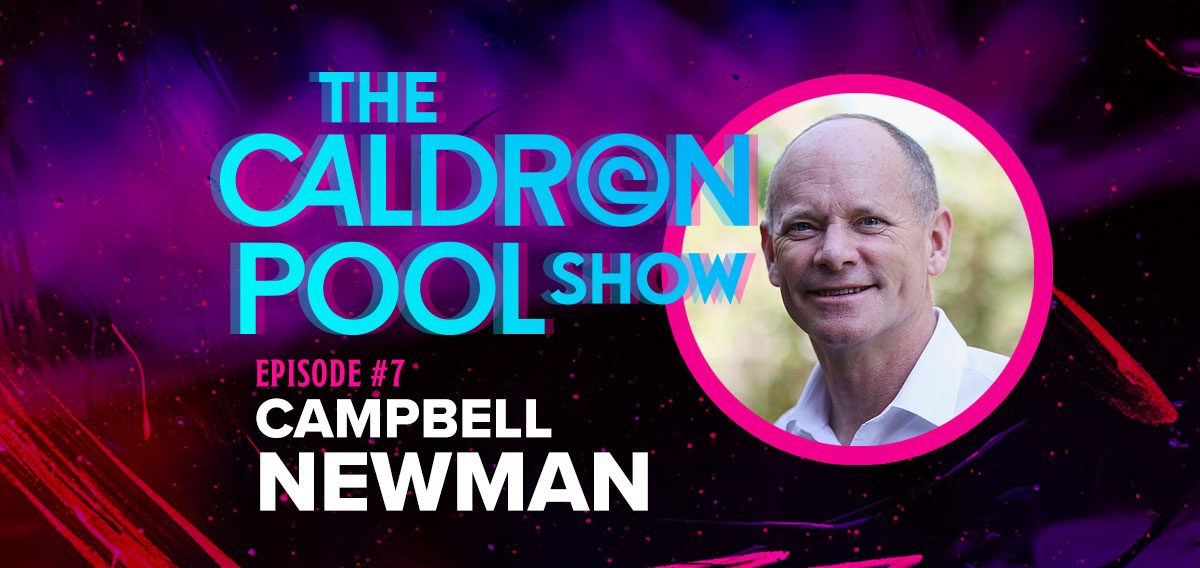Capitalism may be plagued by greed, as it hinders the free market through hoarding and monopolies, but ultimately capitalism creates room for compassion. Laws exist to fortify the free market, so as to protect the free market from the death blows of a greed-is-good culture.
Through the referee of small government the free market is nurtured. Through capitalism, doors are opened for freedom; for people to be free to be compassionate; free to give out of the abundance of what they have earned. Free to give out of the abundance of what they are free to own and earn.
Socialism, on the other hand, has no checks and balances against greed. The assumption is that it doesn’t need it. Socialism is viewed as the highest form of equality. Therefore it doesn’t need to encourage people to be compassionate. It doesn’t allow room for compassionate giving because, by definition, under a socialist system, there shouldn’t be any need for anyone to give compassionately.
Socialism blames capitalism through the presumption that the poor worker will never get rich, or rise above, his or her poverty. The socialist never sees that he or she has to keep people poor in order to justify its hatred of capitalism and in order to give meaning to its own existence. There can be no proletariat, no cause for perpetual class war, without keeping the working poor where they are. 1
Socialism strips the individual of their right to own private property. The individual is left with no amount of abundance to give from. Anything given outside what the absolute rule of the socialist regime takes is suspect. In this way the socialist stands opposed to any form of compassion that they cannot take credit for.
It’s fair to conclude then that the individual who practices compassionate giving is viewed as having committed a crime against the socialist. To give freely is treasonous because, in theory, someone has something others don’t, from which they can give.
For the socialist there is no need for individuals to be compassionate. According to the propaganda, the socialist state provides for the equal needs of everyone.
Every want and need is fulfilled by the powers of the all-powerful central government. Efforts to achieve the collectivist dream, reflects that of Sisyphus. Those under socialism are condemned to the repetition of pushing a boulder up a hill, only to see it roll back down, time and time again. The socialist may see this likeness, nevertheless he or she will hold fast to their faith in Karl Marx’s paradoxical dream of a workless society, and they’ll force others to do the same, regardless of the cost.
Unlike compassionate capitalism, compassionate socialism cannot exist. It’s an oxymoron, because socialism as absolute economic law, only has what it’s taken from the people; it has no capital outside what the socialist takes for the collective; often brutally; often without compassion; always under a superimposed ethos of equality, oppression, justice and “compassion”.
People are to believe in the strict equality of socialist goals, but not in equity. By controversial concessions, such as the Lenin’s Bolshevik return to capitalism under the N.E.P, the individual may have the freedom to earn and choose how they earn, but they don’t have the freedom to be compassionate with what they earn.
They couldn’t, even if they wanted to, because there is no abundance in socialism unless it is awarded to them by the state. The people have what the socialist government gives and nothing more. The disallowance of private property, and a profit margin, means that there is no abundance from which individuals can choose to give compassionately. Therefore, in their giving towards one another, the individual isn’t free to be compassionate.
The compassionate giver is a threat to the power of the socialist, therefore the socialist in his or her outlawing of the free market, also outlaws the freedom to be compassionate. By default the state becomes total provider. It becomes god, employer, mother and father. Under these conditions a Führer or Supreme Leader can be raised up as savior, because it is believed that he, and only he, can lead the socialist system to its utopian goal. He knows what’s best for the people, and what’s best for the fatherland. For the socialist, salvation is only found in living out the ideals of the Socialist State. Redemption is attained by allegiance to its leader.
Contrary to popular sentiment, the Bible doesn’t preach or foster socialism as an absolute economic law or ethos. Jesus wasn’t a socialist. He wasn’t a khaki wearing Marxist hiding in Latin American jungles, or a communist waiting for revolution in the deserts of Afghanistan.
As French theologian and philosopher remarked in his book, ‘Jesus & Marx: From Gospel to Ideology’: “Jesus questions all economic activity, including what is exercised in a socialist world.” (p.115)
What the Bible teaches is that greed is a sin, that God loves a fair weight; fair trade.
The words of Jesus remind us to: “Take care, and be on our guard against all greed, for one’s life does not consist in the abundance of his possessions.” (Luke 12:15)
What the Bible testifies to is the God who is a compassionate judge, who wills to govern for His people, but does not govern at the whim and will of His people. God cannot be manipulated.
The biblical witness, as a whole, holds fast to fairness and justice within the bounds of a life lived in freedom, under grace, in Jesus Christ. (Galatians 5:1, 2 Corinthians 3:17, Romans 8:1-4 etc.)
It is Father God, not führer-as-father who should rule out hearts and guide our minds.
As Paul noted to the Church in 2 Corinthians 8:8-24, let your love be genuine. Give earnestly. Give from abundance.
“For I do not mean that others should be eased and you burdened, but that as a matter of fairness your abundance at the present time should supply their need, so that their abundance may supply your need, that there may be fairness. As it is written, “Whoever gathered much had nothing left over, and whoever gathered little had no lack.” (2 Corinthians 8:13-15, ESV)
In other words: give what you can, when you can, where you can. Trade in fairness, do acts of grace, and do so freely. Do so with joy, for this will encourage reciprocal giving. Provide out of abundance in order to bring relief for those experiencing affliction.
Without compassion, capitalism fails. Compassion keeps the capitalist system from gorging itself to death with greed and gluttony.
Socialism, however, has no room and sees no need for compassion once it holds power. The socialist only sees the capitalist as his or her enemy, and upholds a fanatical and religious opposition. Socialism is seen as true compassion and therefore the only compassion anyone truly needs. Since socialism is conflated with compassion by its advocates, all who disagree or refuse to fall in line with socialism are labeled, without compassion, as an enemy of compassion.
It’s true that the socialist and capitalist can both operate under an “I will take from you to benefit me” rule. However, the necessary function of compassion that capitalism not only allows, but empowers, means that capitalism is set apart from socialism. From his or her empowerment under capitalism, the individual can and is empowered to say, “What can I give to you, in order to benefit you”, as opposed to “what can I take from you to benefit me”.
This is what the Bible teaches.
Jacques Ellul also noted: “No constitution or ethic can prevent power from becoming totalitarian. It must discover outside itself, a radical negation. [Such as grace; the Divine compassion exhibited in, through and by Jesus Christ].” (Jacques Ellul, Jesus & Marx. 1988 p.174)
Compassionate capitalism empowers compassion because it generally provides an abundance from which people can to choose to give. Socialism doesn’t allow this kind of freedom because it ultimately denies individuals the freedom to give.
This kind of compassionate capitalism is what led Margaret Thatcher to assert: “Any set of social and economic arrangements which is not founded on the acceptance of individual responsibility will do nothing but harm.”2
Greed is the enemy of capitalism. Even for its own sake, if capitalism is to succeed it must eventually give a firm “no” to it. If not the free market falls victim to the same kind of totalitarian rule, as that advocated by the socialist. The difference being that it’s a corporation, not a government left sitting on the throne, wielding an unchecked, undemocratic power, without opposition.
References:
- ‘In Marxist dialectic, the oppressed must become the oppressor – the poor person becomes the absolute, a kind of priest – only through him can we meet Jesus and God; through serving him we are sanctified – this horizontal theology [or version of natural theology] returns quite simply to the project of excluding God’ (Jacques Ellul. Jesus & Marx, 1988. pp.42 & 48 parenthesis mine)
- Thatcher, M. 1988. Speech to General Assembly of the Church of Scotland


















